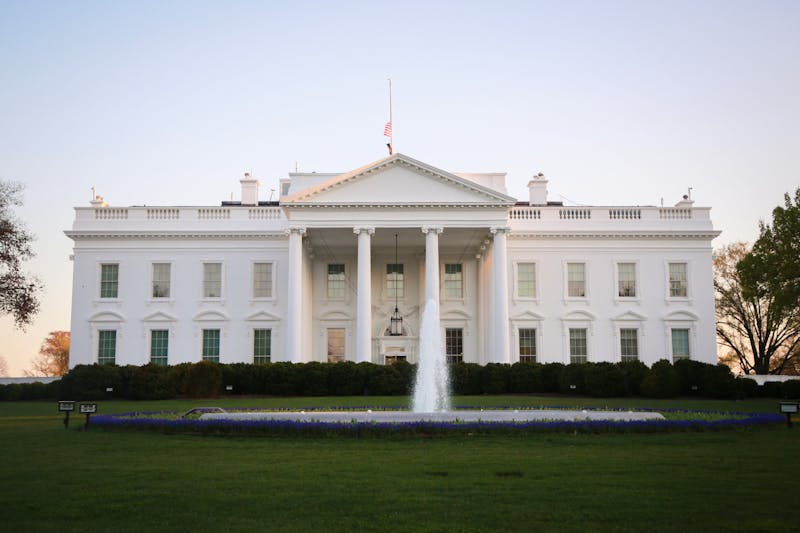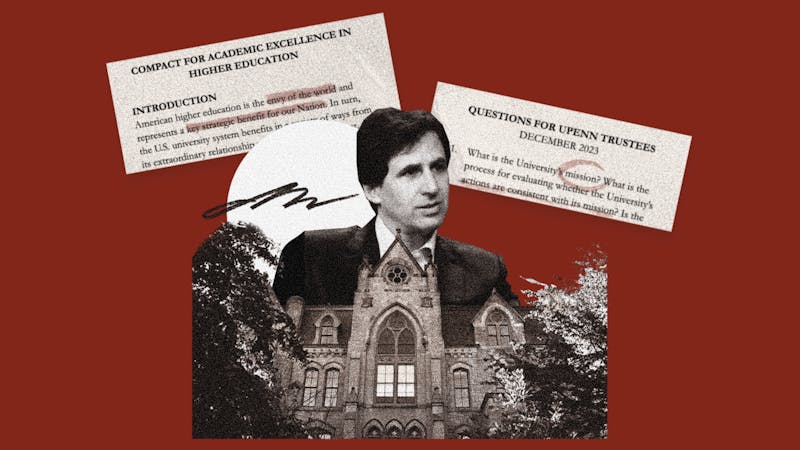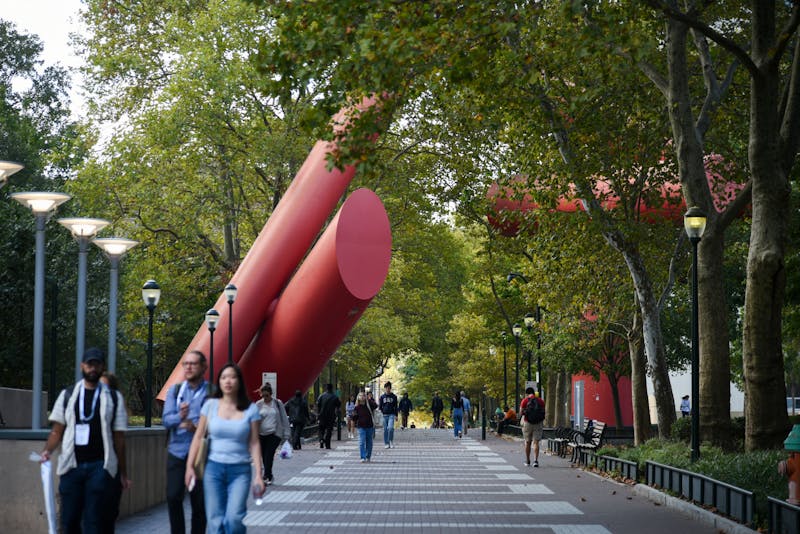
The Gaza Strip, the most crowded place on Earth, has suddenly become a little less dense. This is the tragic result of many Palestinian deaths last week during clashes with Israeli soldiers and the bulldozing of Palestinian homes. The most recent Israeli military actions, which supporters see as necessary for destroying tunnels and other terrorist infrastructure but critics label as an extreme effort to further oppress and humiliate Palestinians, have made this past May a distinctly bloody month.
But death is nothing new in the Strip, a very small stretch of land filled with hundreds of thousands of Palestinians, several hundred Israeli settlers, and numerous Israel Defense Force soldiers. Every agreement regarding Palestinian autonomy or joint Israeli-Palestinian security patrols has disintegrated into a mess of riots, roadblocks, terrorist attacks, and endless exchanges of gunfire. Hopefully, though, life in the Strip will improve very quickly with the removal of its most problematic residents: Israeli settlers.
Prime Minister Ariel Sharon is presenting a disengagement plan to his cabinet under which Israel would evacuate the settlers and remove all military positions, beginning upon approval and to be completed by 2005. There is no reason for the IDF to be in the Gaza Strip except to provide security for the settlers, and the settlers have no reasonable justification for the chaos and bloodshed that their continued presence causes.
A leading Israeli commentator recently attributed the wisdom and foresight of the disengagement plan to Sharon's position as prime minister and his vantage point from "the tip of the ruling pyramid - the point at which all information, assessments, and pressures converge ... and the picture becomes clear." Though I agree with the commentator's assessment that Sharon's proposed unilateral withdrawal from the Gaza Strip is a necessary and fundamental shift in the relationship between Israelis and Palestinians, I don't think this plan for disengagement resulted from the prime ministerial vantage point. Instead of being able to see clearly the ramifications of frequent terrorist attacks, prolonged economic stagnation, and Israeli military activity in the territories, a prime minister's attention is easily hijacked by small, powerful groups like the settlers.
Somehow, though, Sharon, the former champion of the settlers, has come to realize what just about everyone has known for years: Israeli settlers and soldiers cannot continue to occupy Palestinian areas. Sharon's decision to withdraw from the Gaza Strip results not from an improved view on the situation, but from his willingness, finally, to listen to what millions of people on the ground have been begging him to hear: The occupation must end; the settlements must be dismantled. Gaza is the first step.
If implemented, this will be a major shift in Israeli policy. The prime minister's proposal already is being compared to revolutionary moments in Israeli military history like the IDF withdrawal from South Lebanon in 2000. By unilaterally removing troops from what was considered "Israel's Vietnam," then-PM Ehud Barak applied a previously ignored piece of wisdom: if you don't want soldiers to get killed, don't put them in places where people are going to shoot at them. Like Lebanon then, Gaza does not now provide a good enough reason to put troops in harm's way.
But Gaza is not Lebanon, and there is a strong case against unilateral disengagement. Cut off from the rest of the world, the Palestinians depend on Israel for food, water, electricity and passage out of their territories. Suddenly leaving without any agreements in place leaves unanswered all questions about humanitarian concerns. It is difficult to believe that Sharon's government will suddenly become the benevolent caretakers of the Strip's residents. More ominously, Sharon's destruction last year of already teetering Palestinian social, security, and governmental infrastructure may leave the area open to takeover by fundamentalist groups as soon as Israel leaves.
But while unilateral disengagement from the Gaza Strip may be disastrous, it could not be a bigger disaster than the one in which Israelis and Palestinians already are mired. I do not presume to know the Palestinian perspective, but I cannot doubt that their misery only increases as bulldozers destroy homes and children are shot while playing. The Palestinians will suffer less when Israel tears down the settlements, the roadblocks and the military outposts and leaves the residents of the Strip without the burden of an Israeli occupation.
Paradoxically, this unilateral action may resuscitate the Israeli-Palestinian peace process. Though Barak set a precedent for clear-headed military policy in Lebanon, he continued an unfortunate tradition of making grand promises for peace while raising Palestinian ire by increasing settlement activity. Implementing even a unilateral withdrawal from the Gaza Strip will demonstrate that the Israeli government is able to take positive action, not just sign papers and make promises. Hundreds of pages of peace plans have passed between the Israelis and the Palestinians; signed or ignored, none of these proposals have succeeded. And Sharon is notorious for not keeping his word to the Palestinians.
This time, though, it will be different: Sharon is not dealing with Palestinians. This is a matter between Israelis and the prime minister. If he manages to win his cabinet's approval for the plan, scratch together a parliamentary coalition after the current one dissolves, and survive predicted leadership struggles from the right wing of his party, I do not doubt Sharon will implement his plan and begin pulling settlers out of Gaza.
This time it will be different, because it must be different. Not because this bloodshed cannot get worse, because it inevitably does, but because Sharon faces an uncomfortable truth: Israel's biggest hawks tend to become its greatest peacemakers, particularly when they occupy the prime minister's seat. Sharon's disengagement plan could be a part of that tradition. I cannot be sure. All I can do is hope and wait.
Niva Kramek is a junior environmental studies major from Tel Aviv, Israel.
The Daily Pennsylvanian is an independent, student-run newspaper. Please consider making a donation to support the coverage that shapes the University. Your generosity ensures a future of strong journalism at Penn.
DonatePlease note All comments are eligible for publication in The Daily Pennsylvanian.







